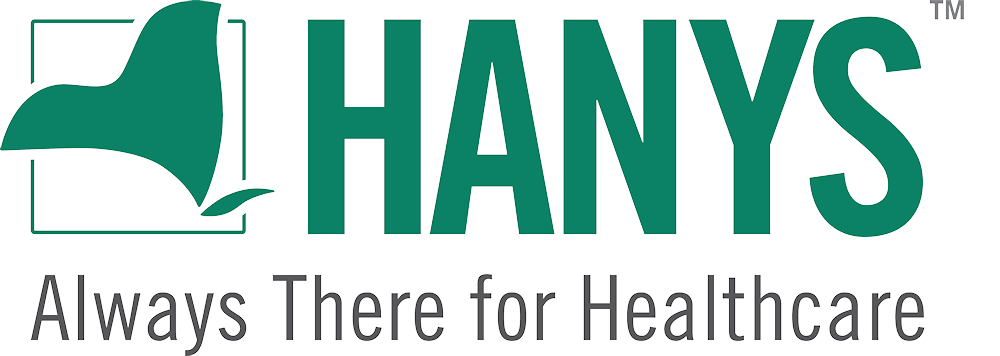Medicare Advantage plans need more oversight
Medicare Advantage plans’ restrictive policies and practices harm enrollees and providers. Washington must do more to regulate and oversee these plans.

HANYS and our statewide members strongly support recent CMS rule changes and additional federal regulatory proposals to better police Medicare Advantage plans and ensure enrollees are provided the same coverage as fee-for-service Medicare.
Medicare Advantage: A booming business for private insurers
Medicare-eligible individuals can enroll in original (fee-for-service) Medicare or a Medicare Advantage plan. In 2022, more than 28 million people were enrolled in a Medicare Advantage plan — nearly half of all Medicare beneficiaries. The Congressional Budget Office projects total Medicare Advantage enrollment will reach 61% of all Medicare beneficiaries by 2032. About 52% of New York’s 3.8 million Medicare beneficiaries are enrolled in a Medicare Advantage plan.
CMS pays private health plans a lump sum per Medicare beneficiary in order to cover the cost of providing health services to seniors. While the private Medicare Advantage plan should then reimburse healthcare providers for those services, some plans have implemented policies which limit reimbursement to providers. They then pocket what remains from CMS’ lump sum payment, profiting significantly while squeezing billions of dollars from FFS Medicare. Medicare Advantage can be highly lucrative for insurers; a recent Kaiser Family Foundation analysis showed insurers’ Medicare Advantage profits doubling what they earn from other lines of business.
Federal action needed
Unfortunately, highly profitable payers who offer Medicare Advantage plans frequently restrict patients’ access to care and burden providers by using excessive prior authorization requirements, requiring onerous documentation to support the need for services, and routinely failing to cover the same services as fee-for-service Medicare, among many other problematic behaviors. This frequently results in care being denied or delayed, with broader systemic impacts such as extensive discharge delays.
Thankfully, the federal government recently took action to address many problematic practices. CMS’ final rule for the 2024 Medicare Advantage contract year increases oversight of Medicare Advantage plans and better aligns the Medicare Advantage program with FFS Medicare. These important steps are a good start to remedy the many Medicare Advantage plan practices that have blocked access to medically necessary care.
Unfortunately, the CMS final rule doesn’t go far enough to rein in Medicare Advantage plans’ harmful tactics. CMS must enforce Medicare Advantage plan compliance with all of these changes, and Congress must take further action. HANYS urges Congress and the administration to:
- finalize the Advancing Interoperability and Improving Prior Authorization Process Proposed Rule to streamline the Medicare Advantage prior authorization process;
- reintroduce and pass the Improving Seniors’ Timely Access to Care Act, which would further streamline Medicare Advantage prior authorization requirements;
- pursue legislation to provide greater oversight of Medicare Advantage plans and to establish penalties for Medicare Advantage plans when prior authorization processes lead to care delays or when these plans fail to follow Medicare coverage criteria; and
- increase CMS enforcement and create a process for contracted providers to submit complaints. Evidence collected via the complaint process could then be used by CMS to determine whether to impose sanctions or for general oversight.
Increasing federal government oversight of Medicare Advantage plans would reduce costs by preventing treatment and discharge delays, ensuring consumers understand their coverage and reducing administrative burdens on healthcare providers.
Congress must put patients’ needs first by reducing or eliminating barriers that Medicare Advantage plans place on patients and their providers.
Learn more about Medicare Advantage and the need to improve patient access to care and reduce provider burdens in HANYS’ recent white paper.
